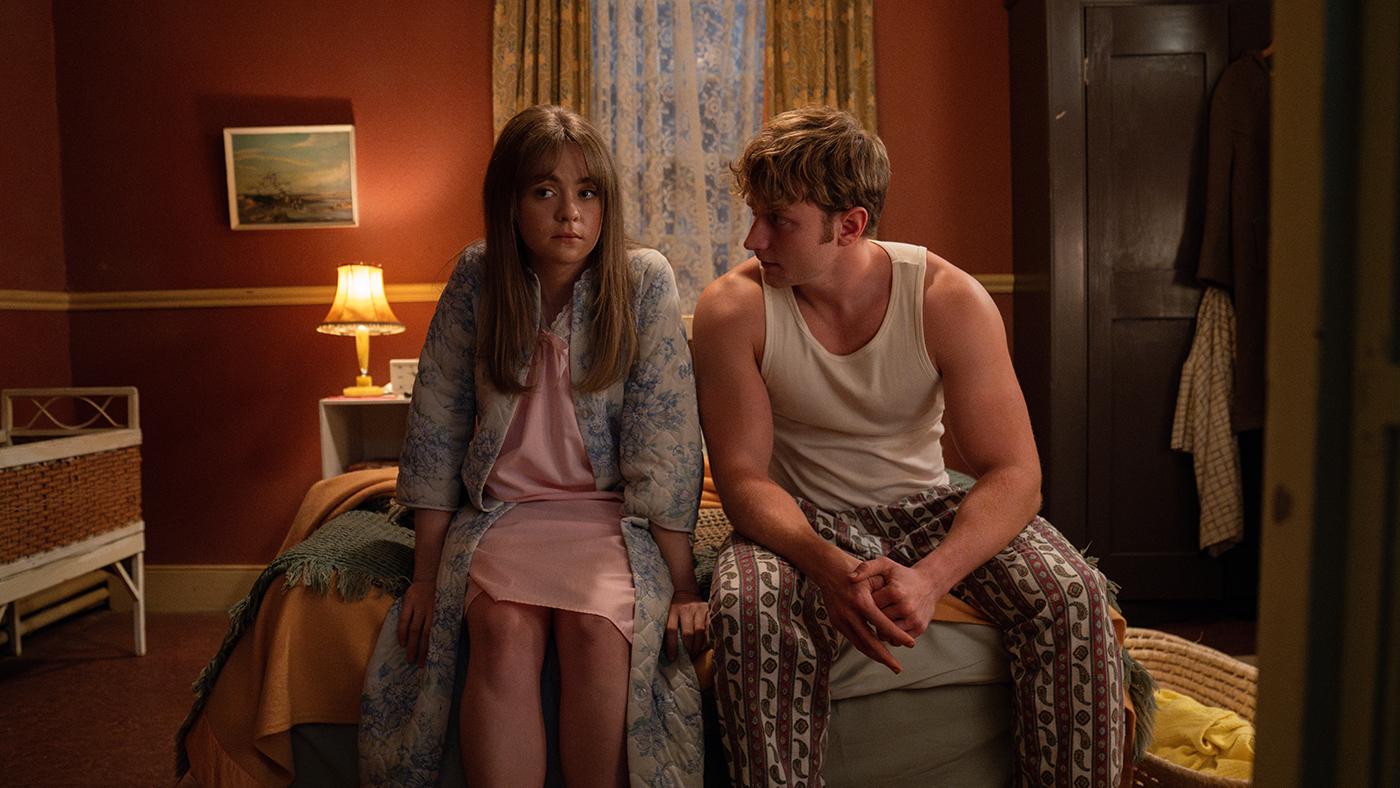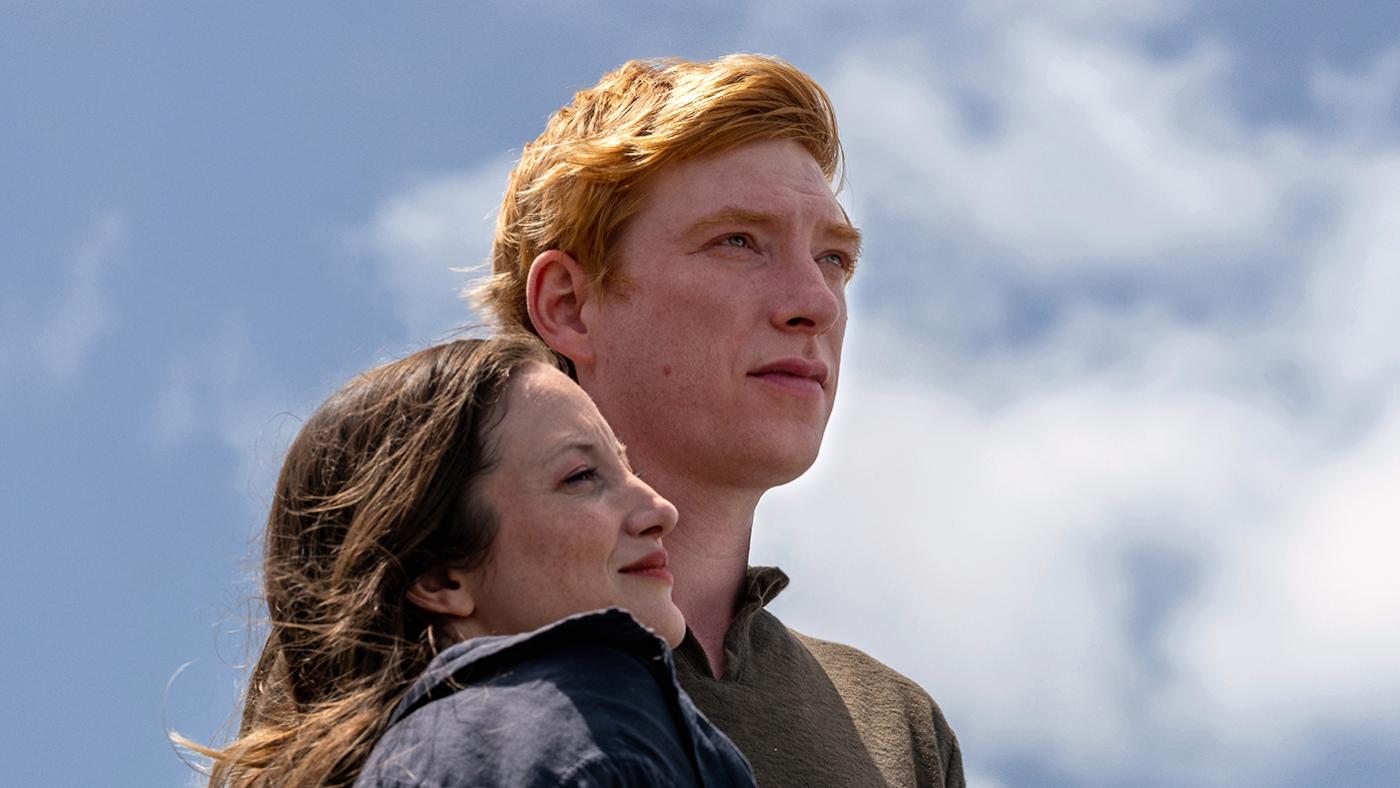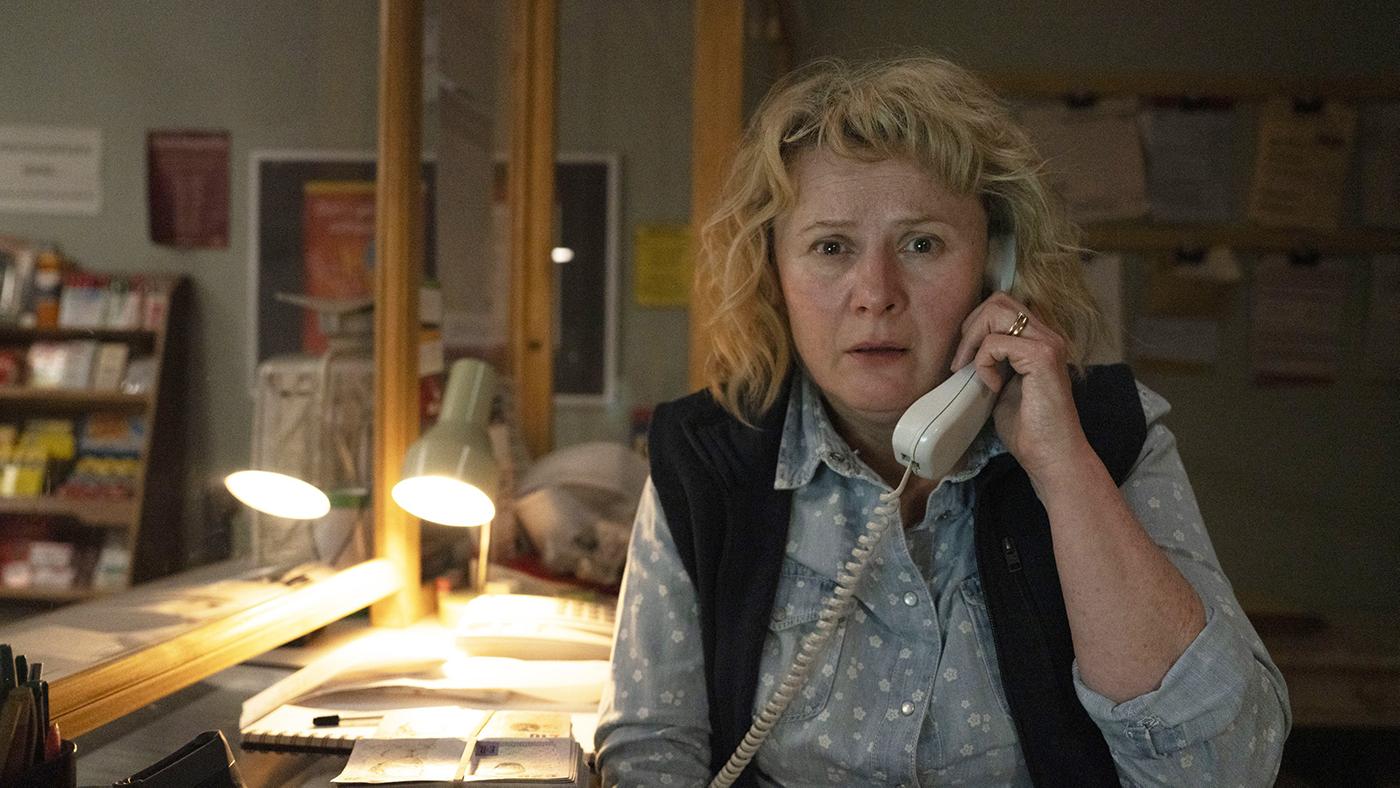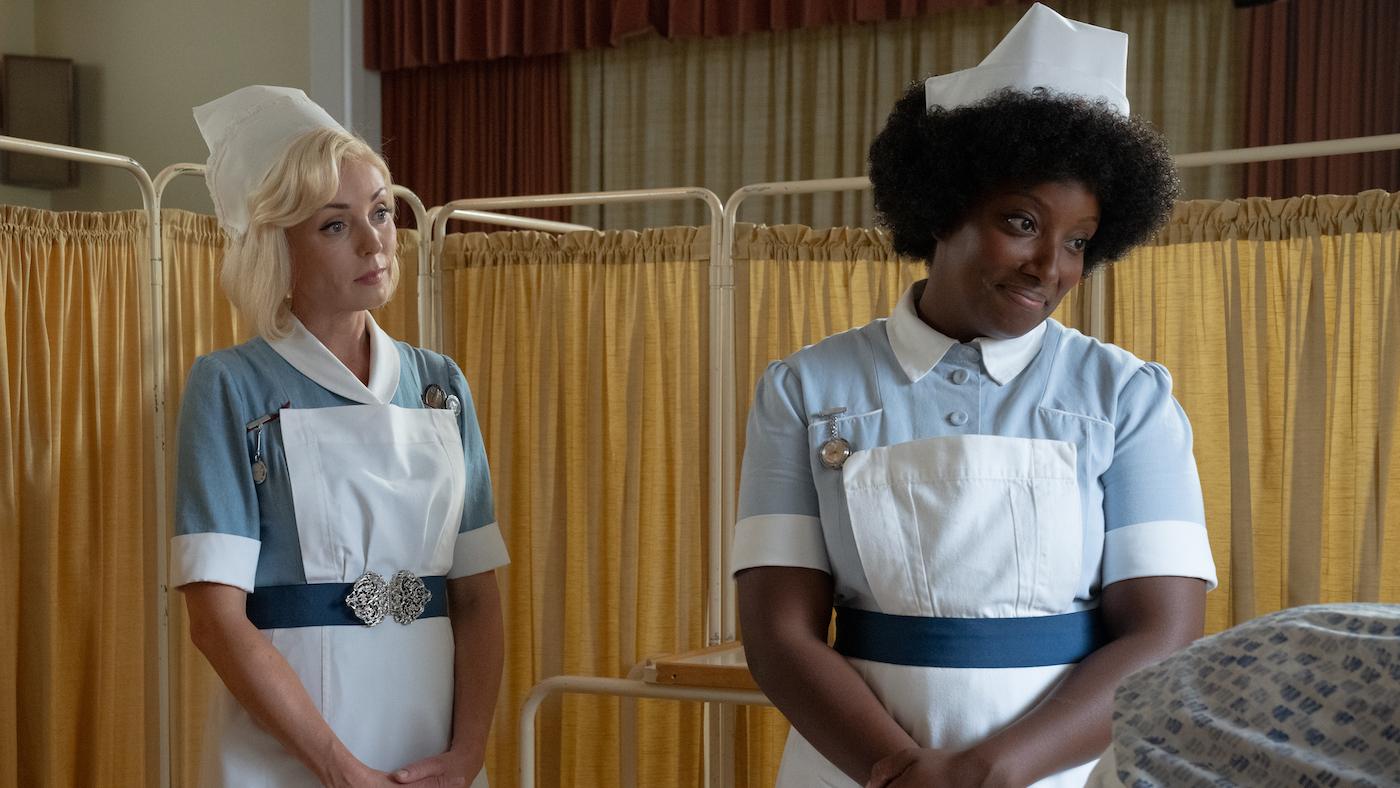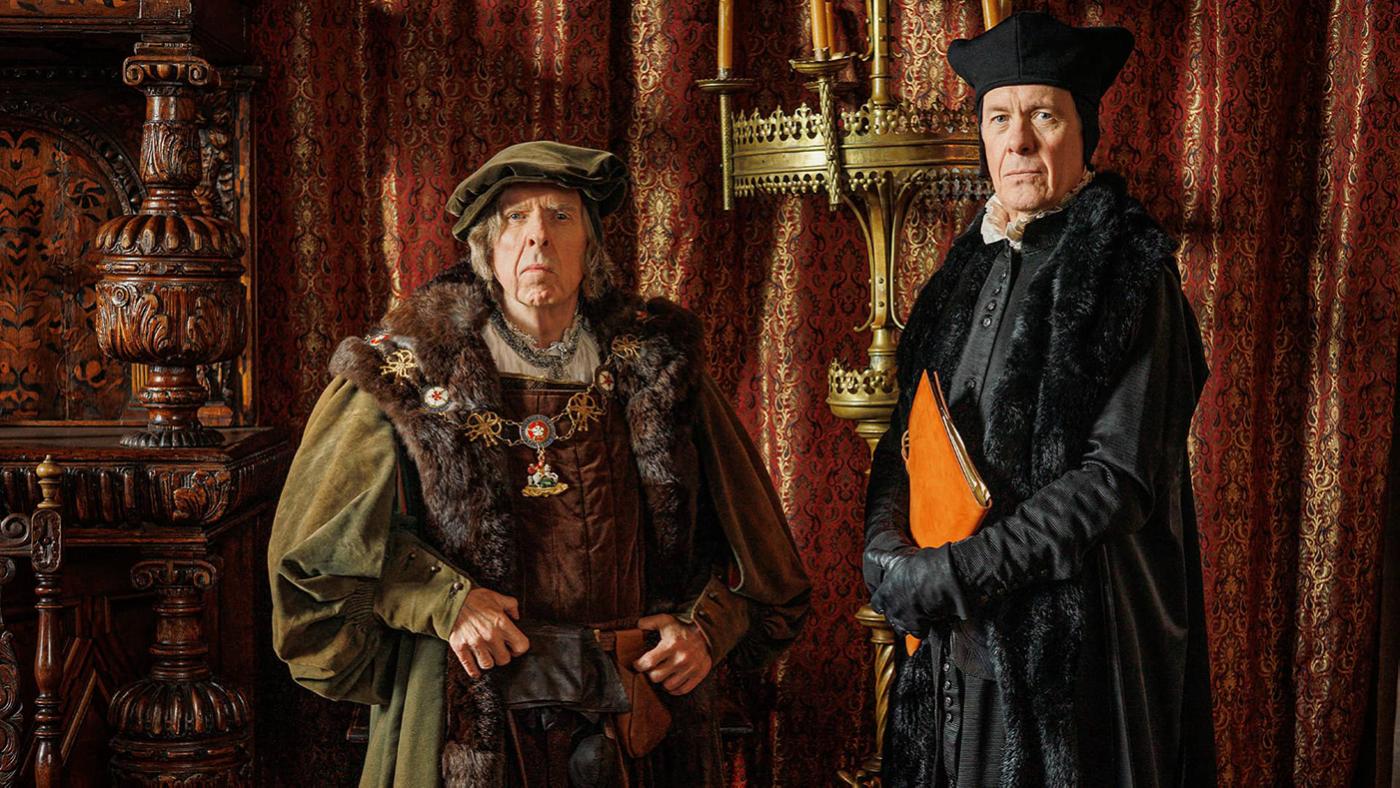'Vienna Blood' Recap: Episode 3
Daniel Hautzinger
February 2, 2020
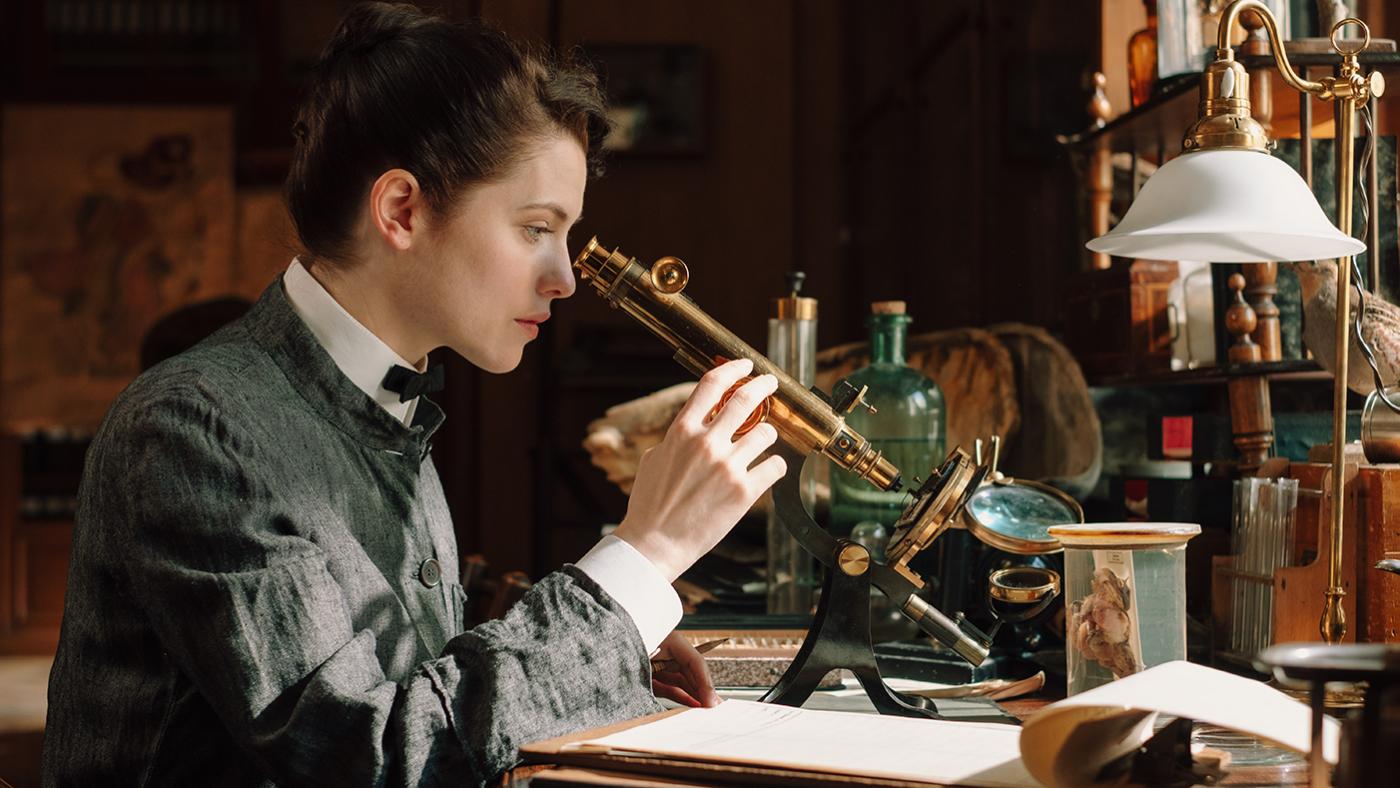
Vienna Blood airs Sundays at 9:00 pm and is available to stream at the same time. Recap the previous and following episode.
Having successfully solved a murder case together, Max and Oskar are now friendly enough that Oskar is invited to the party celebrating Max’s engagement to Clara. When Oskar is called away to investigate a gruesome set of murders, Max longs to go with—he has enjoyed his stint solving crime. Clara notices, and allows him to join Oskar—the party was almost over anyway.
So off Max goes, still in a tuxedo, to a brothel. Four women have been bloodily killed and mutilated. But one has been washed and laid in a bed, with roses scattered around her. The killer had probably visited her before. Indeed, there is a man named Viktor Krull who has been to see Josefine—the woman in the bed—almost every day.
Viktor’s mother protests after the police take him into custody. Viktor has the mind of a child, she says, he couldn’t be a murderer. His attraction to Josefine wasn’t even physical: Josefine once rescued him from a gang attacking him in the street, and he likes to go sit with her at the brothel and not touch her, even though he has to pay for it. Max asks if Viktor was a Catholic—he keeps grabbing at his neck as if to hold a chain. Oskar shows Viktor’s mother the cross that was found in Josefine’s hands. It’s Viktor’s.
Given these quick signs of success, the commissioner is glad to have assigned Oskar the case, even though his rival von Bülow arrived at the scene of the crime first. As the police station celebrates the pending closure of the case, a soldier congratulates Oskar and shares his disgust at the crime. Give me half an hour alone with Viktor, he says to an uncomfortable Oskar.
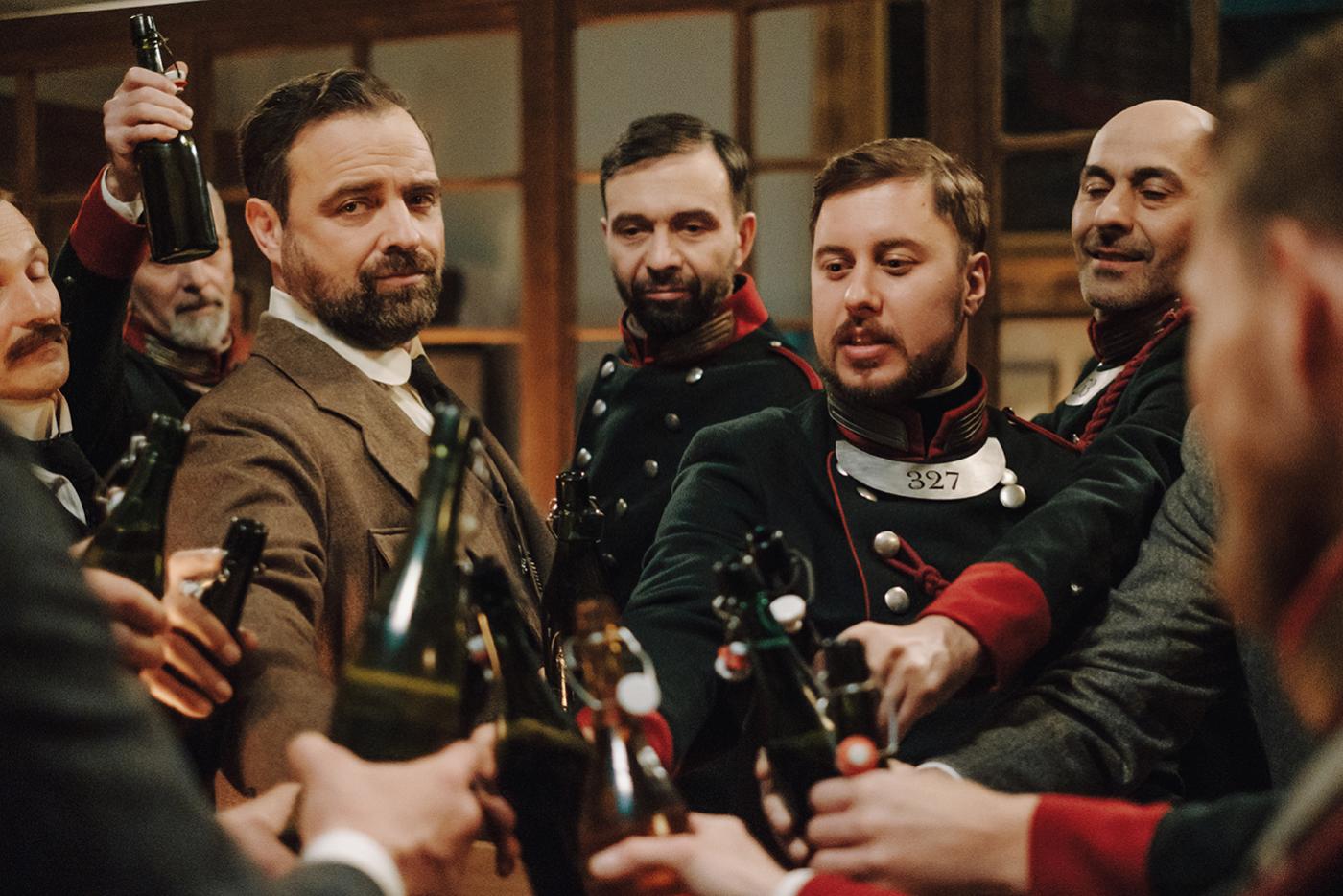 Oskar is celebrated for seeming to wrap up the gruesome murder case quickly. Photo: Petro Domenigg/2019 Endor Productions/MR Film
Oskar is celebrated for seeming to wrap up the gruesome murder case quickly. Photo: Petro Domenigg/2019 Endor Productions/MR Film
Back at the Liebermann home, Max finds Clara asleep on a sofa. She waited for him to return. Max’s devotion doesn’t quite seem to match Clara’s, however; after she leaves, he thinks more about Amelia Lydgate, the woman whom he treated with hypnosis. But his sister interrupts his musing to chide him for leaving the party early. “This is not how a man in love behaves,” she tells him.
The next morning, Oskar arrives at the Krull home to search for a murder weapon, and Max is eagerly waiting for him. They find a bloodstained shirt—Viktor’s mother says he works in a slaughterhouse. For Oskar and the commissioner, this is enough to declare Viktor the murderer. Max is not so sure: Viktor adored Josefine, so why would he kill her? Oskar is upset by Max’s doubts, dismissing him with an “I didn’t invite you.” He then proceeds to announce Viktor’s name to the press.
Meanwhile von Bülow is assigned to investigate a break-in at the zoo, where a snake was found butchered near a statue of Mozart. Despite his chagrin at having been given such a minor case, he eventually asks Max for help—he’s seen how he has helped Oskar. Max says the snake is a kind of symbol, and promises to figure out its significance—but von Bülow has to find the perpetrator.
Max has other things on his mind. Speaking with a patient at the mental hospital has further confused his feelings for Clara and Amelia. The patient, a bookkeeper named Bieber, tried to climb through a palace window, where he insists he saw the Archduchess giving him a signal: they are soulmates, he insists.
Bieber’s certainty makes Max muse upon the difference between obsession and love. And then both his apparent love and apparent obsession collide. On a date to a museum with Clara, he runs into Amelia; she works there. While Clara is away, he speaks to Amelia and starts to say that he thinks about her—but then Clara returns.
At the museum, Max notices two soldiers with their swords and has an insight. The brothel where the women were murdered was kept secure and locked. Why would the owner let the killer in when he was carrying a weapon, and not use her hidden pistol? Because he was a soldier. The discovery of a lieutenant’s IOU from the day of the murder adds further credence to his theory.
But what about Viktor? Max believes he came to the scene of the crime and, seeing the object of his adoration mutilated, washed Josefine and set her up in a sort of shrine, adding his cross to her clasped hands. Max tries to get Viktor to explain what he saw, but he is mute—until Max, recalling Viktor’s drawings at his home, gives him paper and asks him to draw. Viktor sketches a soldier with a sword.
For one last confirmation that Viktor is not the killer, Max brings Viktor’s bloodstained shirt to Amelia, who is a scientist, and asks if she can test whether the blood is human or animal. She can; and the blood isn’t human.
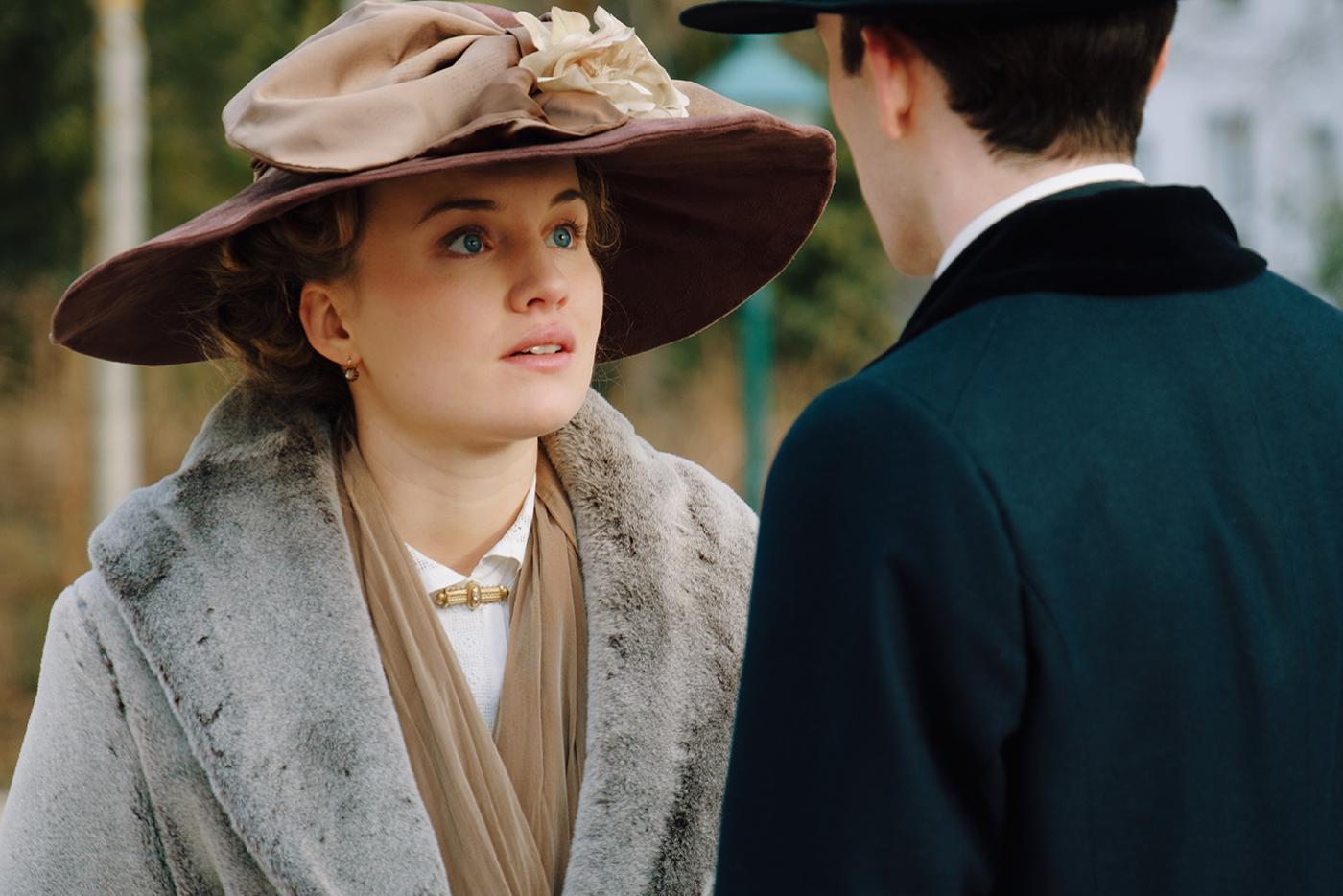 Max is still struggling between his engagement to Clara and his obsession with Amelia Lydgate. Photo: Petro Domenigg/2019 Endor Productions/MR Film
Max is still struggling between his engagement to Clara and his obsession with Amelia Lydgate. Photo: Petro Domenigg/2019 Endor Productions/MR Film
But it’s too late for Viktor. Two vagrants have been placed in his cell by the same soldier who threatened him to Oskar, and they beat him to death, having seen the press reports. Oskar blames himself. He roughs up the soldier, suspecting he deliberately put the vagrants with Viktor and told them his name; after all, the soldier thinks Viktor got what was coming to him.
It doesn’t help that Oskar is already annoyed with the soldier corps: when he asked an officer for a personnel list in order to investigate if one was the murderer, the officer was appalled at the suggestion, saying he would kill himself if one of his men was capable of such a crime.
Such melodrama is not confined to the criminal case. During another date where Max is distant and distracted, Clara finally confronts him: he doesn’t seem at all interested in her. She leaves, telling him not to follow.
And Max has a confrontation with his merchant father, too. Herr Liebermann is opening a larger shop, and one of his new investors has suggested that he hire more Austrians instead of Czechs and Hungarians, handing him a pamphlet about the primacy of the Aryan race as evidence that the mood of the city is changing. Max finds the pamphlet and angrily asks his father about it. The city is sick, he says, and they can no longer turn their backs on the rot.
Turns out Max will be confronting that rot head-on. Another person, a Czech poultry seller, has been found murdered, with the same pattern of mutilations as the prostitutes. An unusual symbol is painted on the wall with his blood. Max and Oskar return to the brothel and find the same symbol under the bed in which Josefine was found—Viktor had moved the bed to stage his shrine, hiding the killer’s calling card.
Max recognizes the symbol from the illustration on the front of the pamphlet. There’s no author listed other than the “Brotherhood of Primal Fire,” but with the help of Oskar and his father, they track down the artist. Andreas Olbricht simply needs the money, and ignores the politics. After a threat from Oskar, he tells them to attend his upcoming exhibition. The men who commissioned the illustration for the pamphlet will all be there.

